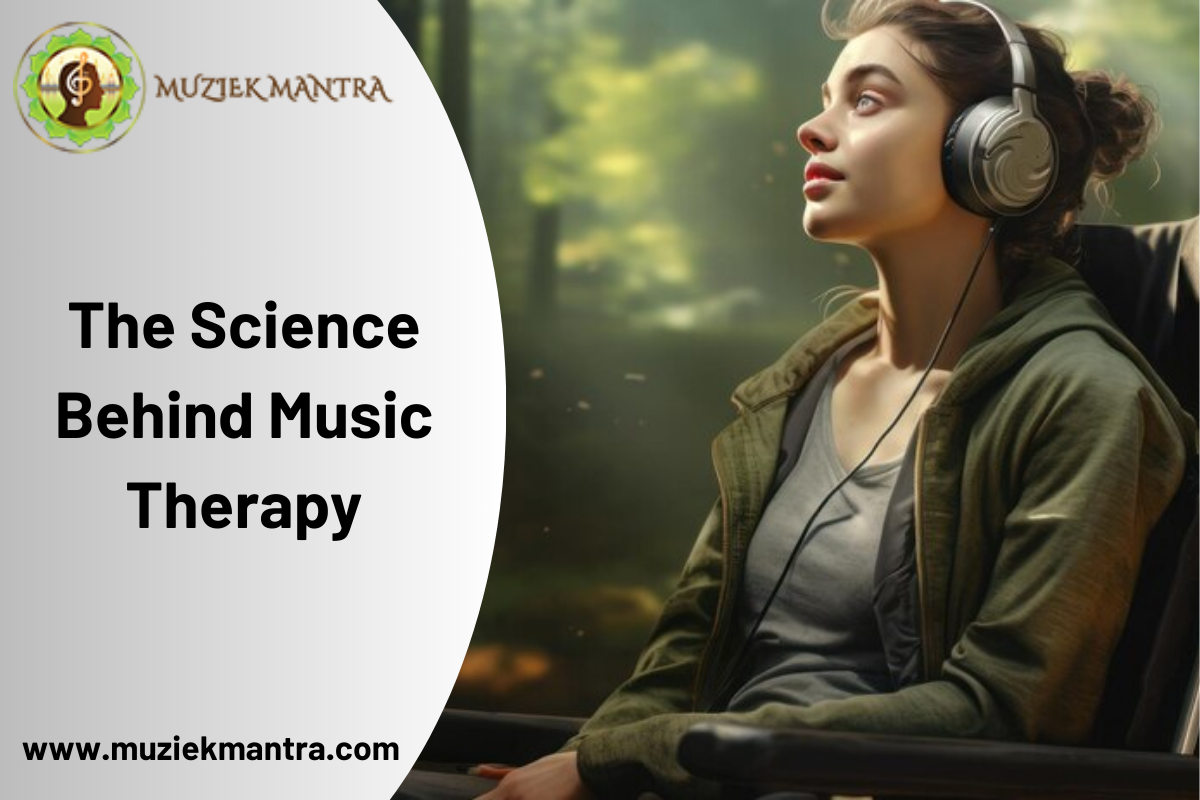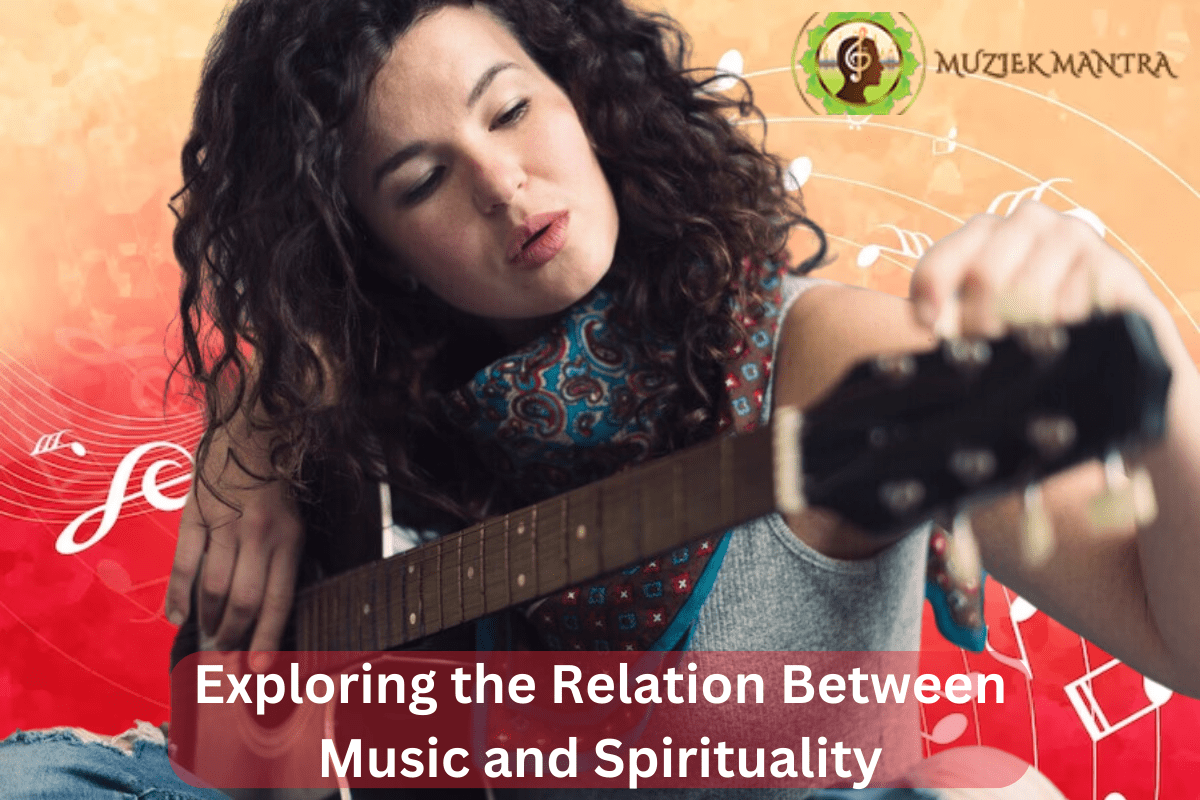The application of music and/or its elements (such as harmony, rhythm, and tone) to achieve objectives like lowering stress levels or enhancing the sophistication of life is known as music therapy. A healthcare worker known as a music therapist will speak with you to find out more about your requirements, experiences, and preferred music. From there, they will tailor each session to your needs. Along the way, they monitor your progress and may collaborate with other medical professionals to organize the treatment you receive.
Your unique wishes and needs will determine how many sessions you have, how long each session lasts, and what you do throughout each session. Composing music, performing music on an instrument, or humming are examples of music therapy activities. In certain sessions, you might hear music and discuss its significance.
Music therapy and its Uses
Medical professionals use music therapy in a variety of locations including hospitalized patient bedsides. But music therapy is not the same as simply playing music to unwind. Undoubtedly, music can soothe and heal. However, the definition of clinical musical therapy specifies that for a session to be considered this type of treatment, a licensed music therapist must organize and conduct it within a therapeutic relationship.
A variety of techniques are used by music therapists to address your needs. Generally speaking, the experiences you could have can be divided into two main categories:
- Active treatment options: in particular situations, you and your therapist actively collaborate to create music. For example, you could play an instrument or sing.
- Receptive treatment options: involve listening to music that your therapist composes or plays from a recording, as opposed to creating your own. Together, you might talk about the music for a while to work through your emotions and ideas.
Our emotions are strongly affected by music.
Anyone can experience happiness, sadness, energy, excitement, or relaxation from it. It is not necessary to engage in music therapy in order to undergo these emotional and mental shifts. How frequently does a song that you hear on the radio make you beam regardless of how you were feeling before hearing it? What of a song that makes you think of someone who is no longer in your life? One of the reasons music therapy was first applied in a medical context was because of its capacity to influence emotion.
Scientific study has shown that listening to music causes our bodies to create chemicals that improve our mood. As a result, music therapists can use this information to help patients receive medical treatment. Two of these compounds, dopamine and endorphins, are shown below along with how they connect to people’s emotional health:
- Dopamine: When this hormone is released, the number of pleasure receptors increases, earning it the moniker “feel good” chemical. This molecule is released when we eat or sleep, for example, and it has also been demonstrated to be activated when we listen to music. It contributes to our sense of well-being and motivates us to pursue those pursuits to experience that sense of well-being.
- Endorphins: This hormone is produced into the body and causes happiness and euphoria in its users. Although it is frequently associated with the “runners high,” scientists have shown that music may also provide this happy sensation by releasing this organic molecule.
The Impact of Music Therapy on the Body
Although everybody understands the emotional impact of music, hardly anybody is aware of its beneficial physiological effects. There is still much to discover about how the body responds to musical therapy because the science of these bodily responses is still in the early stages.
Particularly in the field of medicine, the following three chemicals are impacted by music use:
- Natural endorphins: As mentioned earlier, endorphins are potent painkillers that are also released into the bloodstream when enjoying music. Similar to morphine and other painkillers, endorphins block pain sensors’ ability to send signals to the body’s other organs.
- Immunoglobulin A: The immunoglobulin: A: Within the body, this type of cell looks for and combats viruses and other dangerous substances. There is evidence that listening to music increases the quantity of these cells in the body. An enhanced immune system that can fend off future infections and complicate the healing process is correlated with a spike in these cells.
- Cortisol: It has been determined that being exposed to soothing music significantly reduces this stress hormone. Reduced levels lessen the possibility of a patient experiencing tension and anxiety before, during, and following surgery. Evidence also suggests that cortisol is more effective than anti-anxiety drugs, which are frequently used in these circumstances, at lowering these levels.
Observing the impact of Music therapy
The rhythmic system is ingrained in our bodies from our heartbeats to our brain waves. It makes sense that our bodies would react to musical beats. Our blood pressure and heartbeats are two of the finest ways to observe this.
Blood Pressure: Research has demonstrated that listening to calming rhythms and sounds can reduce blood pressure.
Heartbeat Rate: Have you ever become so excited by music that it made your heart race uncontrollably? That was the way the music made your body react. It has the power to change the pace of your heart according to the beat’s tempo. Your heartbeat rises in response to faster, higher-tempo music, whereas it falls in response to slower, more peaceful music.
Putting it All Together
The science of music therapy and how it impacts the body emotionally as well as physically can be used by music therapists to cure a variety of ailments and injuries. This therapy can be applied in a healthcare facility to create feelings of enjoyment, reduce heart rate, and encourage rest, among a few advantages.
Music therapy indeed works like a miracle. Its remarkable capacity to alter the body’s reaction without the use of conventional drugs has helped a great number of people, including senior patients with Alzheimer’s disease and frail preterm babies.




